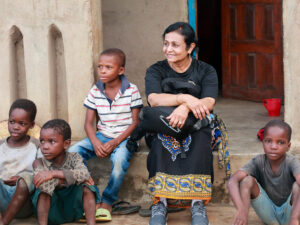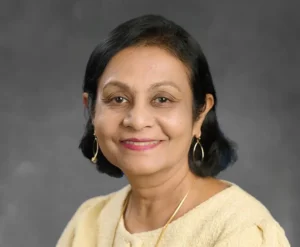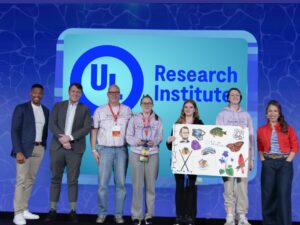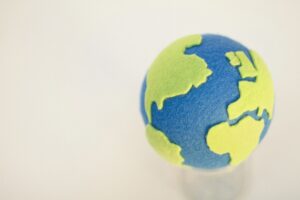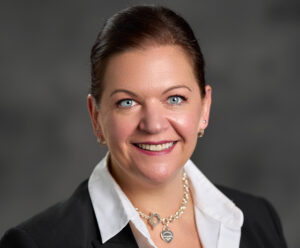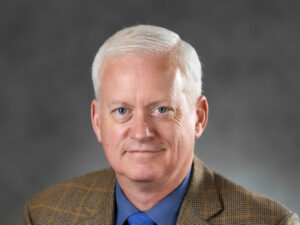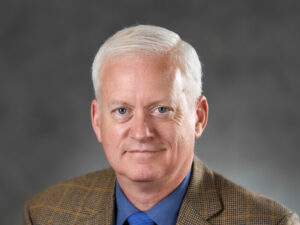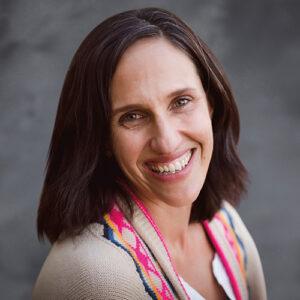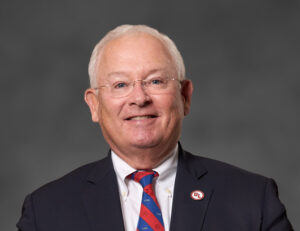Girl Up’s 2025 WiSci Camp: Passionate, Community-Minded, and Purposefully Driven
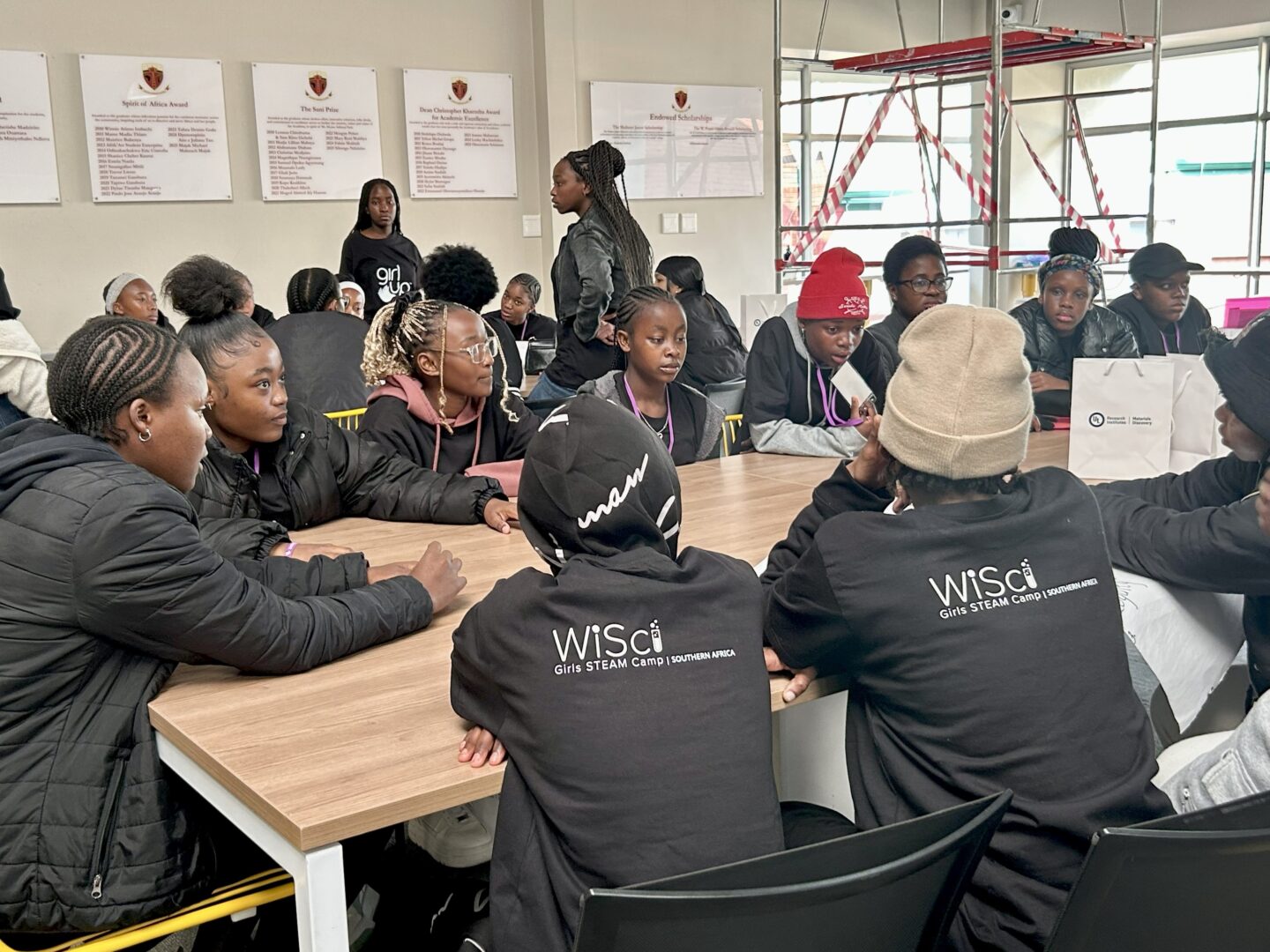
Nyla McFadden, education programs director for UL Research Institutes’ Institute for Research Experiences & Education, shares her experience at Girl Up’s Women in Science (WiSci) STEAM Camp in Johannesburg, South Africa, in July alongside Asra Hassan, lead research scientist with ULRI’s Materials Discovery Research Institute.
The 2025 WiSci Camp brought together 70 young women, ages 15-17, from South Africa, Namibia, Zambia, and Zimbabwe. This cohort of young women are passionately and actively involved in STEAM learning, community-minded, and purposefully driven. Armed with this passion, knowledge, and skill, they engaged in a weeklong STEAM camp that tested and strengthened their leadership abilities to meet this challenge: create and propose a sustainable solution to address an immediate environmental concern in their communities.
Our office’s partnership with Girl Up began last year with support for the organization’s STEAM for Social Good program, which culminates with the WiSci camp each year. This year, our support extended with an invitation to MDRI to provide in-person support and guidance to these future STEM leaders. Asra answered that call — lending her scientific, technical, and laboratory expertise to the contingency of aspiring scientists. This unique ULRI representation — educator and scientist — allowed us the opportunity to help facilitate, support, and guide these young scientific-minded women with compassion, understanding, expertise, and relatability. As Asra stated, “Sometimes scientists don’t know how to best communicate their research and findings — particularly to young audiences. That’s why we work with folks like Nyla, a former educator, and the Research Experiences & Education team, because they know how to take the science and communicate it [to students].”
Collectively, Asra and I shared these initial goals: share and support their collaborative efforts to build and pitch their sustainable solutions, and take the opportunity to explore Johannesburg. Happily, we not only met these goals but were overwhelmed by the intangible value we received in turn. Asra and I were equally inspired by “girl power!” It trickled out during the opening session when My Lo Cook, acting co-CEO and chief program officer of Girl Up, expressed, “Woman-led STEAM is more human-oriented. Woman-led STEAM is more inclusive. Woman-led STEAM is greener.” This enthusiasm and pride readied and motivated us to pour into these young girls.
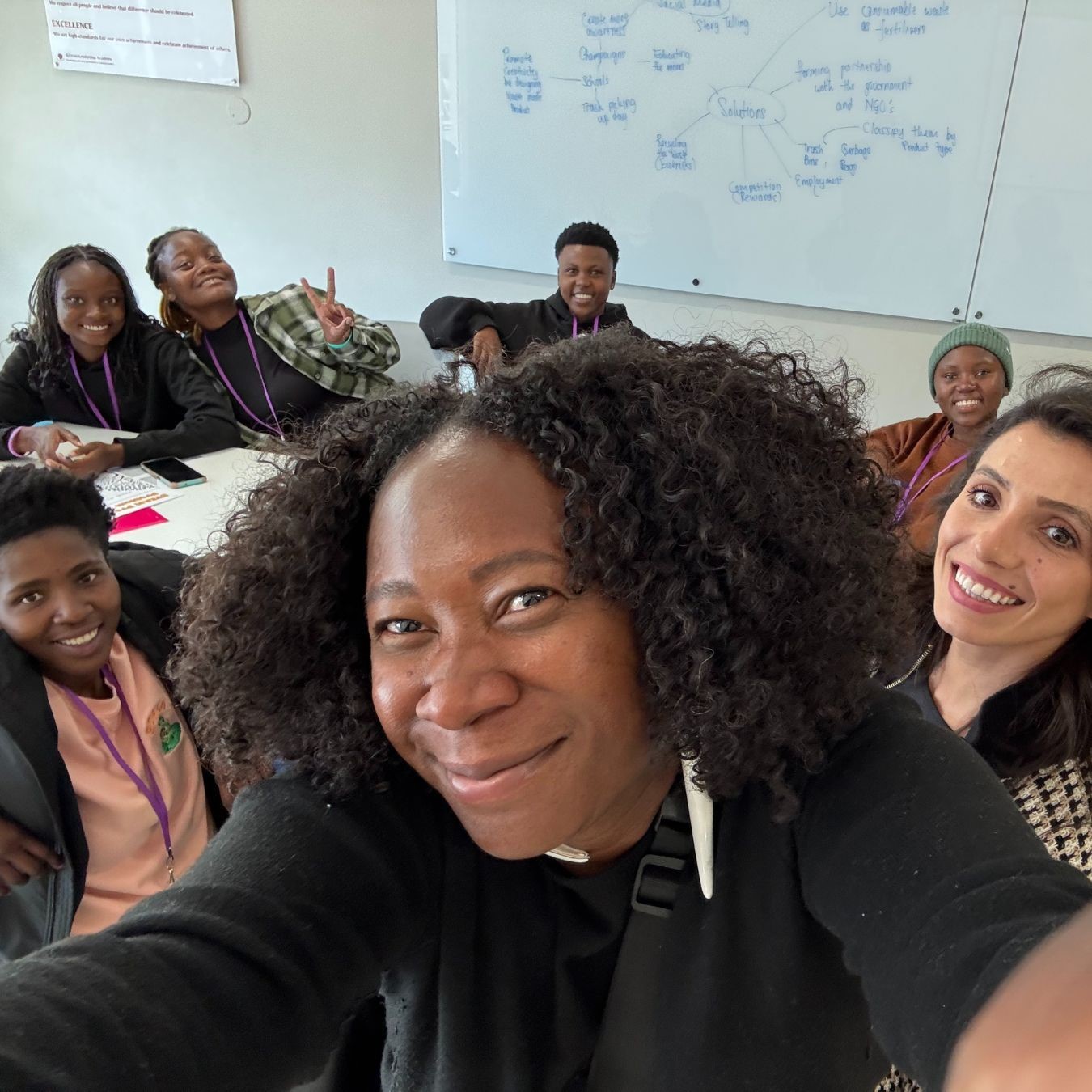
In the following days, Asra and I moved with even greater purpose and met with each group to learn, support, and guide them as they identified a problem, set a sustainable solution, established their S.M.A.R.T. goals, and built an aligned budget. We were impressed with the collaborative group leadership; these were older female mentors who had matriculated through the Girl Up program and became mentors to the younger girls in the cohort. These mentors led with patience, understanding, knowledge, command, enthusiasm, and joy — they embodied the female-centered leadership that Girl Up has provided to 345,000 girls in 155 countries and all 50 states in the U.S.
At the end of the week, each group made a formal presentation — a “shark tank” pitch to invited guests, women who represented businesses, nonprofits, non-governmental organizations, and community organizations. Many of the proposals centered on solutions to tackle waste. Pleasantly, each group realized that education was an integral and necessary component in their solution. Yes, the proposals were grounded in scientific learning and information, but often Asra and I heard the girls say that no progress could be made unless the community learned about the impact and effects of improper waste management. And it was incumbent on them to communicate, facilitate, and inform both young and old community members to advance and sustain their solutions. As a result, each group’s final pitch showcased a mastery of scientific-based solutions, marketing/communications, accounting, social-political understanding, community-based awareness, and advertisement.
Asra expressed our sentiments best: “It is hard to put into words what this experience meant to me. There was so much joy in the room, with genuine energy, curiosity, and connection. I left feeling inspired and grateful, but also aware of how much more we can do. The students asked thoughtful and honest questions that stayed with me long after we left. It made me realize how powerful these moments of engagement are, not just for them but for us too. They remind us why we do this work in the first place.”
And now, we must continue. We must strengthen and establish pathways that will enable, support, empower, and encourage opportunities and more successes. We can expand networks — connect and encourage STEAM-related organizations to serve and support. We can provide opportunities for transatlantic mentorship, fellowship, and internship. We can provide avenues for access: technically, scientifically, and professionally. We can inform and encourage these young people about safety science and the safety science ecosystem. We can and should listen, learn, and support community-based resources and on-ground support.
Asra and I are motivated with a renewed and driven purpose to do all of this — a recommitment that is best summarized by the words of a WiSci camper, “Girl leadership is a movement,” and we are committed to advancing it.
PUBLISHED
